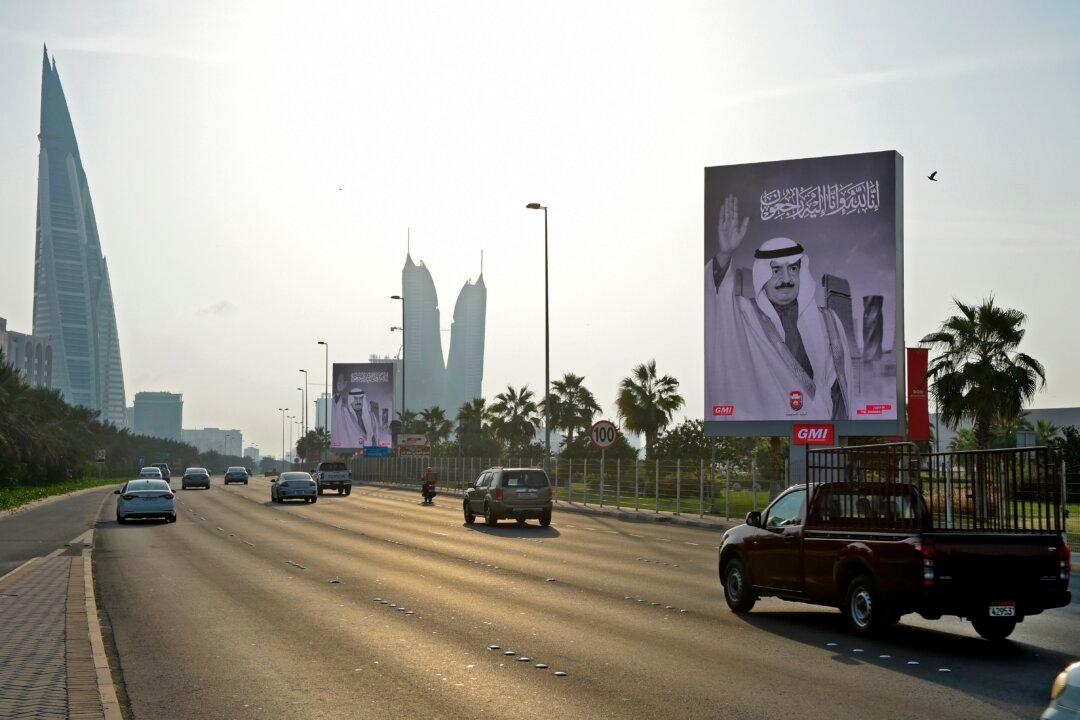DUBAI, United Arab Emirates—Bahrain’s Prince Khalifa bin Salman Al Khalifa, one of the world’s longest-serving prime ministers who led his island nation’s government for decades and survived the 2011 Arab Spring protests that demanded his ouster over corruption allegations, died on Wednesday. He was 84.
Bahrain’s state-run news agency announced his death, saying he had been receiving treatment at the Mayo Clinic in the United States, without elaborating. The Mayo Clinic declined to comment.





